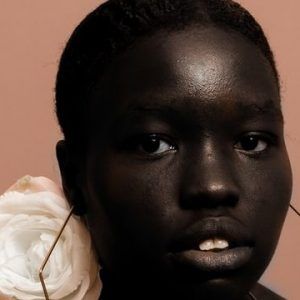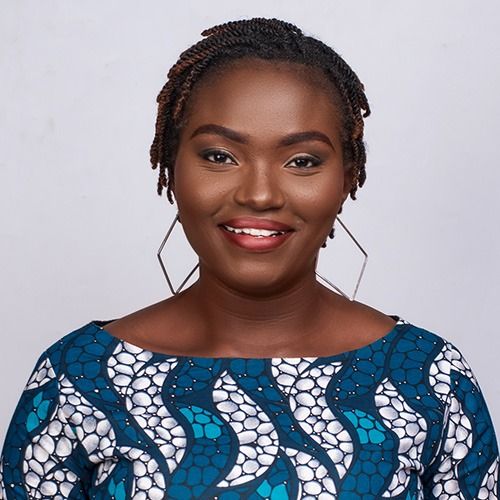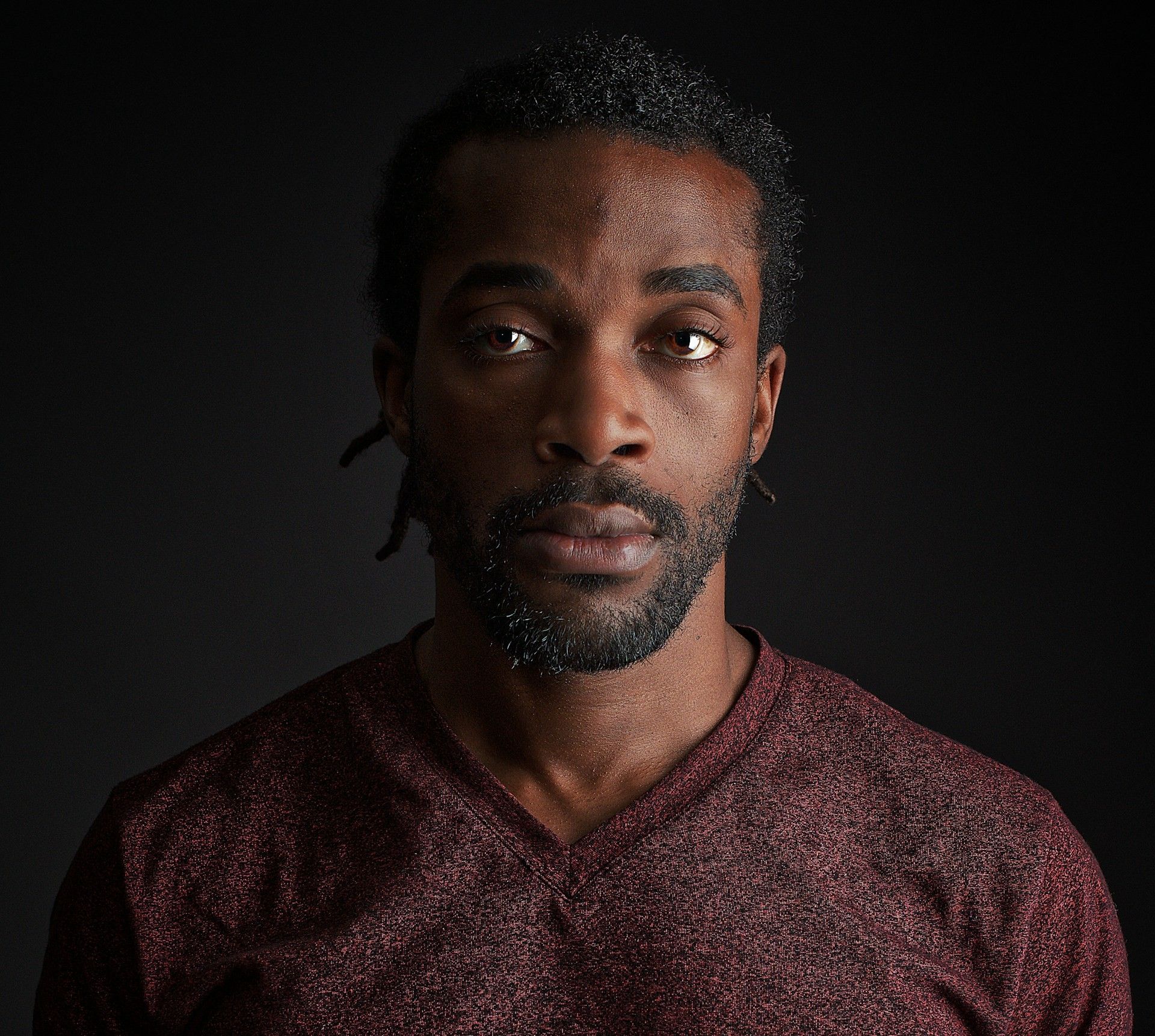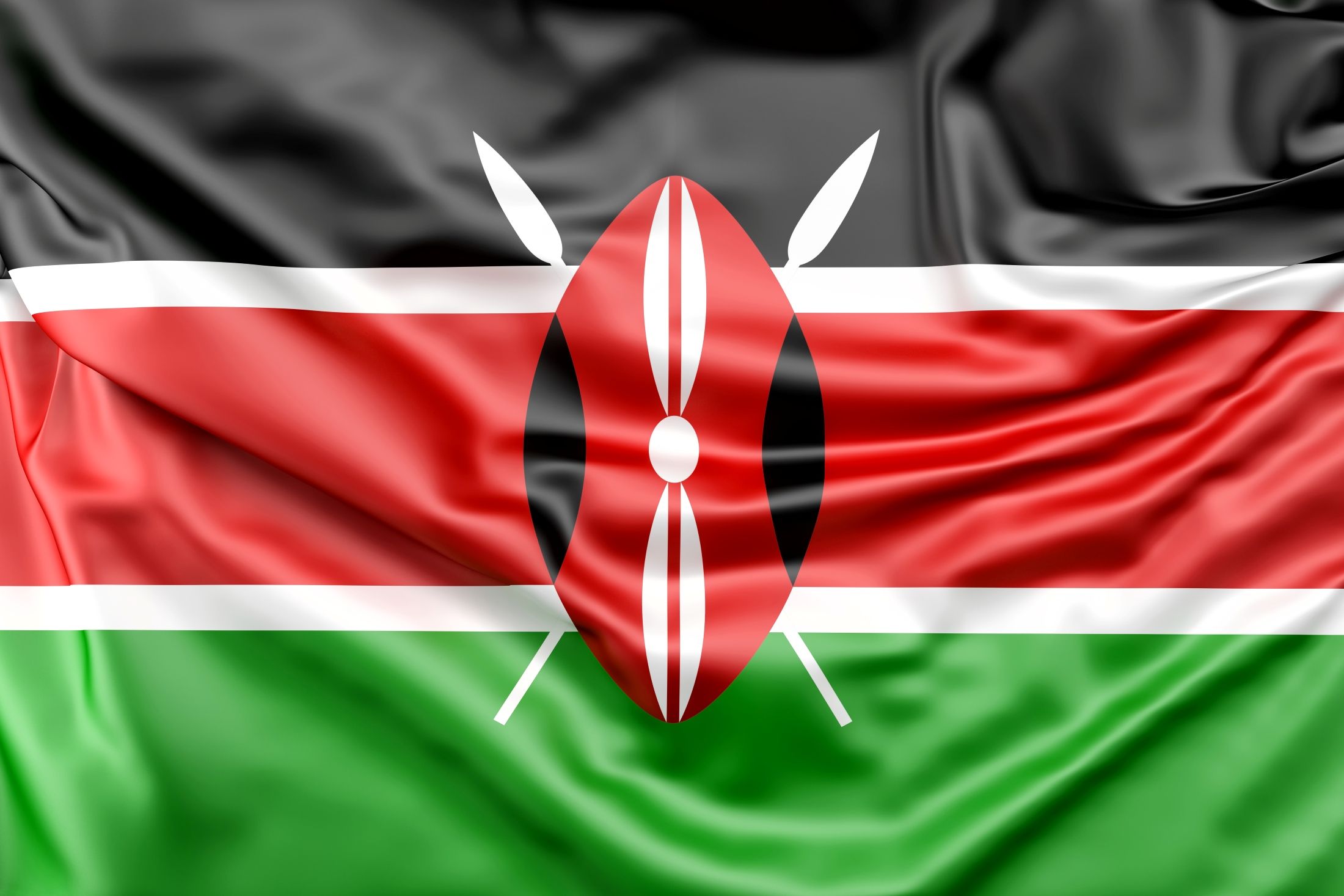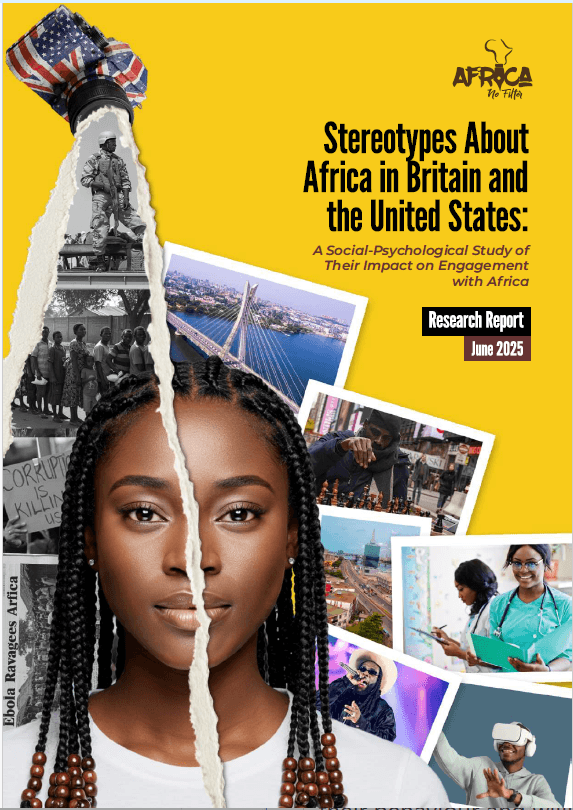American actress and author, Gabrielle Union, in her book We’re Going to Need More Wine, narrates her struggle to fit in her black skin. The famous actress shares personal stories of how her skin made her feel less beautiful. Every day she worked so hard not to fit in the stereotypical black girl character. As she grew older, she came to terms with the colour of her skin and embraced it. Gabrielle says the oppressed have embraced the beauty standards of the oppressor and made it their own.
True to her statement, our beauty standard aligns with the hierarchy of slavery that placed the white slave-owner at the top, followed by mixed slaves (those sired through the rape of the black women). Mixed slaves worked in the master’s house. Lastly, the black-skinned slaves provided manual labour in the plantations.
With the end of slavery over 400 years ago, we are still stuck where the slave master left us. Africans have perpetuated colourism to date. And so as we sing along to Beyonce’s Brown Skin Girl, do we stop to internalise her message? As we frown on the discrimination that black people face across the world, do we ever stop to think about our role in perpetuating this injustice?
Where is the lie?
Skin colour has been an issue since time immemorial. It feels good when we blame others for setting beauty standards that degrade us. However, we are at the frontline of propagating colourism. If indeed we believe that black is equally beautiful, why do we wear heavy makeup three shades lighter than our skin tone? Are people deliberately looking for spouses with lighter skin than theirs so that their children will not be too dark-skinned? How come we treat white people better than the citizens in our own countries? In some jobs that require social interaction, being light-skinned is a requirement.
The skin lightening market was valued at 4.8 billion US dollars in 2017. The market is projected to reach 8.9 billion US dollars by 2027; companies are making millions on the back of black people who feel their skin colour isn’t good enough. Statistics released by World Health Organization in 2011 shows that 77% of Nigerian women use skin lightener. Two-thirds of body cream in India has an element of skin lightening. 40% of African women use skin lighteners to bleach their skin. What does this mean for us? Perhaps the fairer the skin, the better.
As much as we play the victim card in colourism, I believe we are also responsible for the current state of affairs. Knowingly or not, we’ve chosen to degrade black skin. We associate blackness with a lot of things, beauty isn't one of them.
Black is beautiful
So, as we struggle to fit in our dark skin, let’s not project our insecurities onto fellow black people. When you find yourself struggling to acknowledge that just like any other skin tone, black is beautiful, let this excerpt from Lovely Hoffman's song: my black is beautiful, set things straight.
Who are you to say that I'm not beautiful. It's your own insecurity. Because I know and I believe. My Black is Beautiful. Beautiful. My Black is Beautiful. My Black is Beautiful. Beautiful. Wow Wow!
In the spirit of black is beautiful, it’s worth noting that dark skin girls are redefining beauty standards in broadway. Khoudia Diop, also known as the melanin goddess, is a Senegalese model and actress rocking the fashion world in her flawless dark skin. Nyadak Thot, an Australian based South Sudanese born model, is a beauty to behold. Adut Akech Bior, Mayowa Nicholas, Anok Yai, and Aanito Lagum are all beauty queens popping melanin in the fashion industry. They have gone against the odds to prove that black is indeed beautiful.
So, before we point fingers at how black people are treated, perhaps we can start the change from within. Embrace dark skin. Let’s not just teach our children to love their skin tone no matter the shade; let’s also walk the talk. Our actions, how we perceive ourselves and treat fellow blacks, are the true indicators of whether we truly believe that black skin is beautiful.

